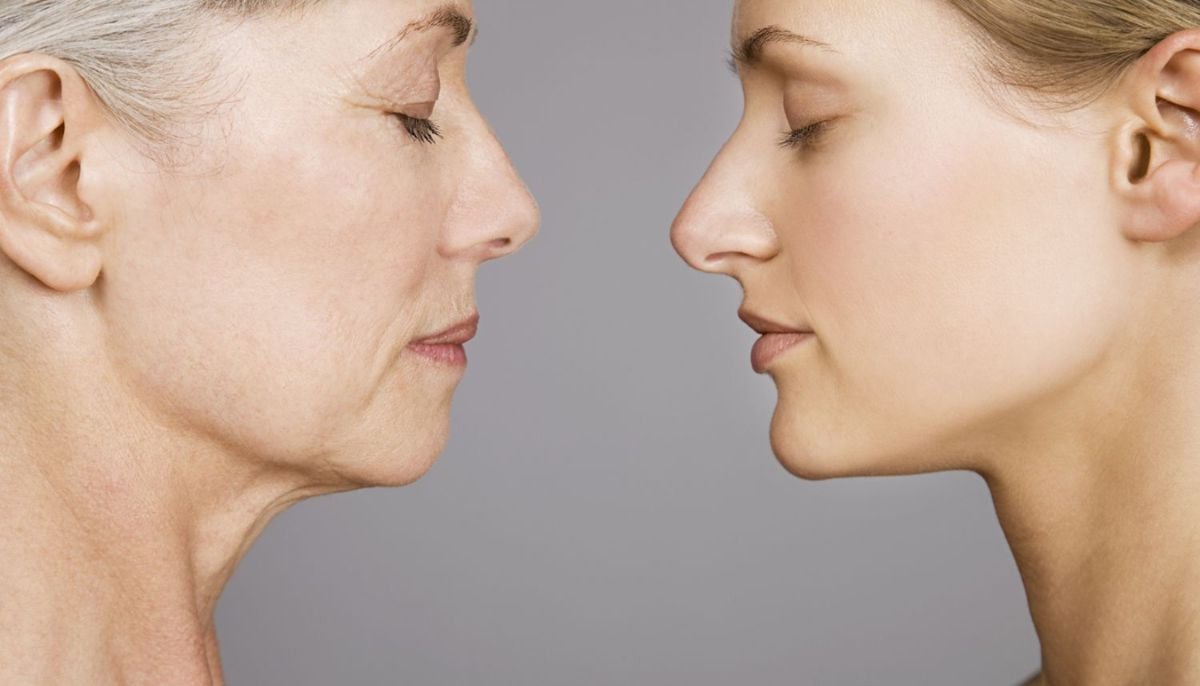How to fight against work stress? Shaolin monk gives tips
"All can be overcome with simple, yet not easy, habit changes," says Walter Gjergja, aka Shi Xing Mi
Research shows that the early signs of daily stress begin at 7:23am when most of us start our day.
Walter Gjergja, aka Shi Xing Mi, is a Shaolin monk, philanthropist, and speaker who has shared tips on how to fight against stress that is part of our everyday routine, the New York Post reported.
He said, "The five issues that lead to stress are an inability to create moments of mental silence, addiction to stimuli and stress, lack of pace and patience, self-delusions, and misunderstanding of spirituality."
"All can be overcome with simple, yet not easy, habit changes," he added.
Rise, shine, and walk
Sitting still for long periods has been linked to an increased risk of dementia while getting your steps in has been shown to reduce the risk of death.
In Gjergja's opinion, lacing it up and walking it out is the best method to deal with stress at work and elsewhere.
Exercise mindfully
Gjergja explains that mindful movement is the key to reducing stress.
He says, "Exercise can help you relax, but you must be mindful of quantity and quality. Intense, prolonged aerobic exercise can temporarily increase the stress hormone cortisol."
Spend time with nature
One of the most reliable ways to reduce work-related stress and quiet the racing thoughts is to step outside and breathe clean air under a clear sky.
According to Gjergja, "spending just 120 minutes a week in the fresh air can reduce stress levels by at least 30%."
Eat well
There is evidence to support the claim that consuming fatty foods before or during a stressful event impairs heart and brain function and deliberately delays the body's ability to heal from stress.
On the other hand, consuming meals high in omega-3 fatty acids, complex carbohydrates, and polyphenols can help the body actively counteract the effects of stress.
Cut the coffee
Gjergja cautions against the quick fix of copious amounts of alertness-boosting caffeine.
He says, "For your mental well-being, stick to water and opt for a balanced and nutritious diet, no matter how tempting coffee and candy may be; the short-term comfort will inevitably be followed by feeling even worse."
Put your 'damn' phone down
Gjergja says, "The digital world does have its perks — connection, community, and education — but you need to turn the tech off now and then, especially when you’re getting ready to turn in for the night.
"The blue light from screens disrupts our circadian rhythm and affects our ability to fall asleep, and the irritability that comes with fatigue will do little to improve your state of mind."
-
Lewis Capaldi details 'impact of Tourette' on his career
-
Christina Applegate struggles to leave bed amid multiple sclerosis battle
-
Demi Lovato bravely admits she is ‘not ashamed’ of having bipolar disorder
-
Can humans reverse aging? Harvard scientist predict revolutionary breakthrough
-
How Liam Payne’s death impacted awareness about mental health
-
Taylor Swift expresses how negative body comments triggered her
-
Lady Gaga details how eating disorder affected her career: 'I had to stop'
-
Celebrities who struggle with infertility












